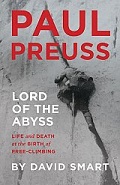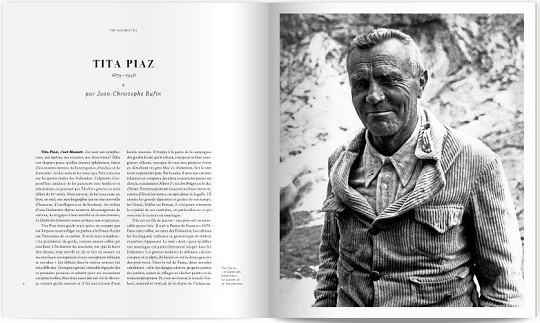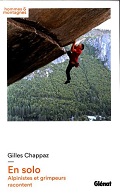Paul Preuss – Lord of the Abyss
CHF 38.60 inkl. MwSt.
Life and Death at the Birth of Free-Climbing
An intriguing biography of the renowned Austrian alpinist Paul Preuss, who
achieved international recognition both for his remarkable solo ascents and
for his advocacy of an ethically «pure» alpinism (meaning without any
artificial aids).
In the months before his death in 1913, from falling more than 300 metres
during an attempt to make the first free solo ascent of the North Ridge of the
Mandlkogel, Paul Preuss’s public presentations on his climbing adventures
filled concert halls in Austria, Italy, and Germany.
George Mallory, the famed English mountaineer who died on Mount Everest in
1924, said «no one will ever equal Preuss.»
Reinhold Messner, the first climber to ascend all fourteen 8000 metre peaks,
was so impressed by the young Austrian’s achievements that he built a
mountaineering museum around Preuss’s piton hammer, wrote two books (in
German) about him and instituted a foundation in Preuss’s name.
Alex Honnold, the first and only person to free solo El Capitan in Yosemite
National Park, has thought about Preuss? untimely and surprising death and
imagined it to have likely been «the worst four seconds» of Preuss? life.
Although he died at only 27 years old, modern climbing may never have
developed the ethical, existential core that it has today if not for Preuss’s
bold style. Even the most trenchant traditionalists remain unsure about
whether to add him to their pantheon or dismiss him as at worst a lunatic or
at best an indelicate subject better left ignored.
Smart’s biography is the first English language volume to be published and is
certain to bring the remarkable story of Paul Preuss to a whole new generation
of climbers.
| Region | |
|---|---|
| Erscheinungsjahr | |
| Sprache | |
| Autor |
Empfehlungen zum Thema
Video/ DVD/ Multimedia
Free Solo – Eine Reise zwischen Leidenschaft und Wahnsinn (DVD)
Sachbücher/ Dokumentationen
Video/ DVD/ Multimedia
Sachbücher/ Dokumentationen
Video/ DVD/ Multimedia
Sachbücher/ Dokumentationen








